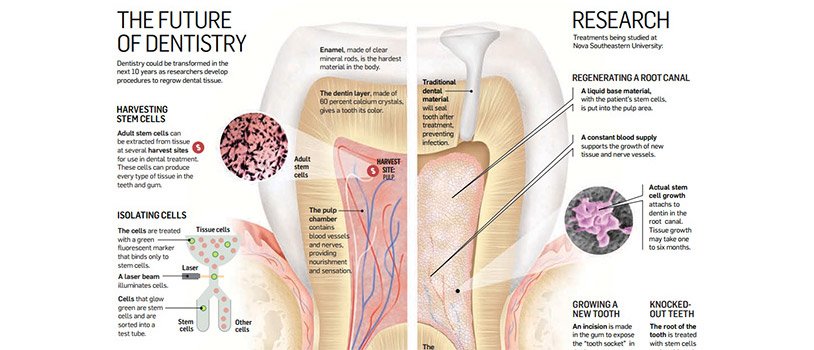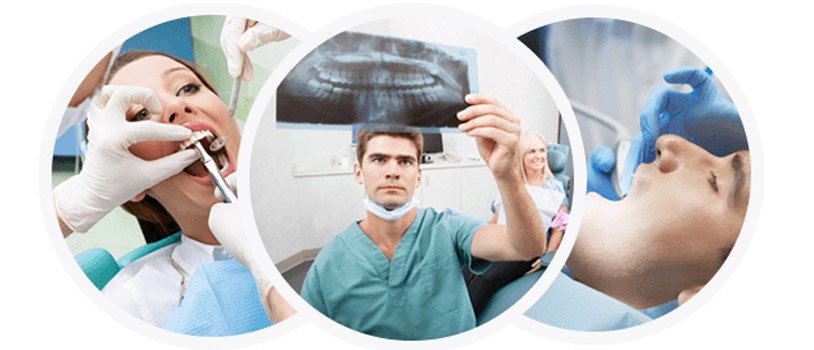If you’re one among those who underwent a traditional root canal treatment, there’s a very high probability that you don’t even have the faintest idea regarding the types of tools your dentist used for the treatment.
It’s not that you’re the one at fault; most dentists do not prefer to disclose such specific details. And as long as the treatment is effectual, it doesn’t even matter.
However, if you were unlucky enough to be treated traditionally using the manual methods, you wouldn’t have failed to notice the aggravation once through the root canal procedure. This is exactly where rotary endodontics spring into action.
Rotary endodontics is a modern technology that helps making the traditional root canal treatment experience smoother, comfortable and more efficient for the dental patients.
Endodontics or root canal
Teeth, as we know it, comprise of several parts, one of which is the dental pulp. An endodontic therapy, or what’s more commonly known as a root canal treatment, involves the removal of such infected pulp from the inner root canals containing it.
Once the nerves and pulp are removed and insides of the root canal are cleansed, disinfected and sealed, the infected area is restored with a dental filling or crown.
This is how a traditional root canal therapy/endodontic treatment works and until recently, it was the only way out. Then rotary endodontics happened.
Rotary Endodontics
Replacing the traditionally used stainless steel manual files, rotary endodontics involves the use of electrically powered instruments for performing complex root canal treatment procedures.
The differentiating instrument is an electric hand tool which is equipped with nickel-titanium tip. Nickel titanium, which is also known as Nitinol, is an alloy 5 times more flexible than traditionally used stainless steel.
Owing to its flexibility and peculiar flow, rotary endodontics makes for a reliable, quick and comfortable root canal treatment.
Advantages of Rotary Endodontics
– The electric tool makes for a quicker and more consistent cleaning of inner canals
– There is a decreased risk of complications and injuries
– Rotary equipment also make the root canal treatment faster
– Comfortable experience for the patients
– There’s no need of manual grinding
Rotary Endodontics is a must for all the practicing and aspiring dentists. For anyone who seeks to include the rotary equipment within their practice, Dental Courses in Delhi is a premier dental diploma institute and a dental center in Delhi proffering rich insights and comprehensive training into Rotary Endodontics.


